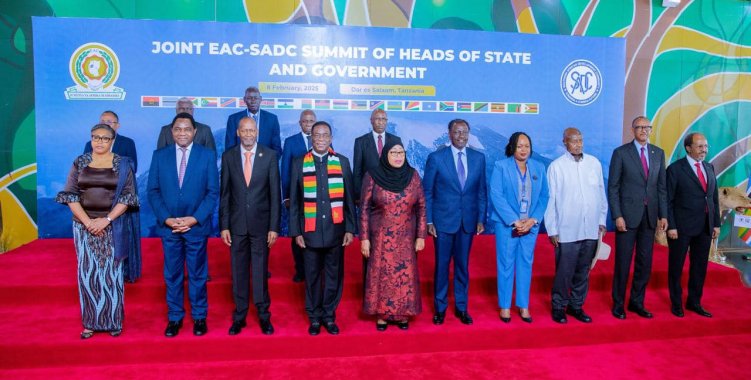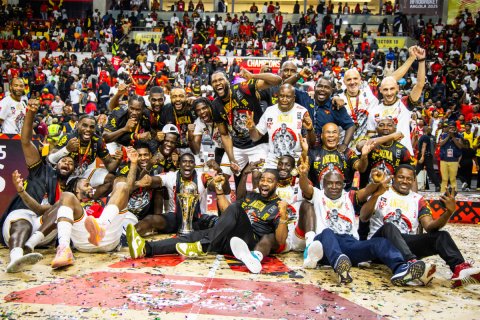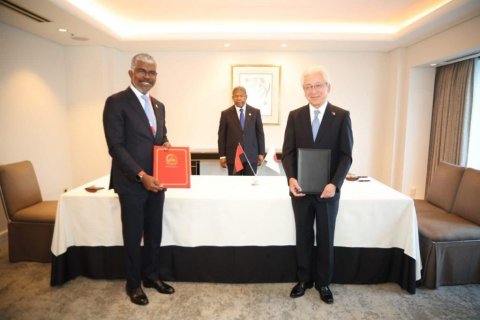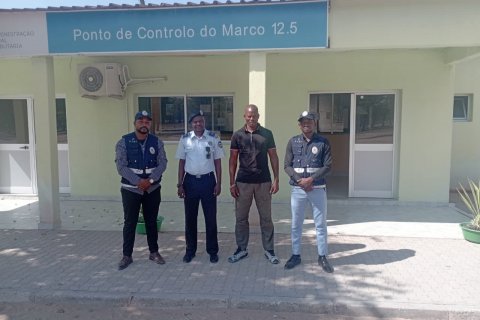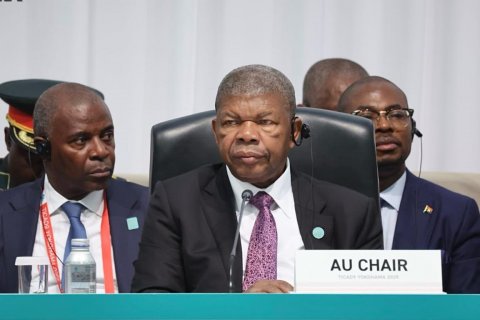"We have to resist the temptation to think that in such a complex situation we can find a solution through gunfire or bombings," said Kenyan President William Ruto, quoted by the Spanish agency EFE.
Ruto was speaking at the opening of the summit of the two regional blocs of eight and 16 countries, respectively, in Dar es Salaam, Tanzania's economic capital.
"Instead, we must agree that only a comprehensive diplomatic approach (...) will establish a lasting peace," he said.
Ruto argued that such an approach must address "the root causes of the crisis" and ensure the territorial integrity of the DR Congo, as well as affirm "the sovereignty of its people and the aspirations for freedom, justice and development".
The Kenyan leader chaired the summit – preceded by a ministerial meeting on Friday – alongside his Zimbabwean counterpart Emmerson Mnangagwa, as the two leaders hold the rotating presidencies of the EAC and SADC respectively.
"Today, we join together to reiterate our calls on the parties to this tragic conflict to immediately cease hostilities," Ruto said.
The Kenyan leader insisted that "an immediate ceasefire is the only way to create the necessary conditions for constructive dialogue and the implementation of a comprehensive peace agreement."
Ruto also recalled that "the humanitarian cost of the conflict in the DR Congo is enormous".
"Millions of civilians have been displaced and many people live under the persistent threat of violence, including sexual and gender-based violence against women and children and their recruitment into combat," he denounced.
The Zimbabwean president said the growing instability and the increasing number of internally displaced people have far-reaching consequences, not only for the people of the DR Congo, but also for neighboring regions and the continent at large.
In addition to Ruto and Mnangagwa, the summit will be attended by the host country's president, Samia Suluhu Hassan, and Uganda's president, Yoweri Museveni, Somalia's Hassan Sheikh Mohamud, Zambia's Hakainde Hichilema, and Rwanda's Paul Kagame.
Congolese President Felix Tshisekedi participated virtually in the meeting and sent Prime Minister Judit Suminwa in his place.
Also participating in the meeting are heads of diplomacy and other ministers from Angola, South Sudan, Malawi, Madagascar and South Africa.
South African President Cyril Ramaphosa announced that he left for Dar es Salaam on Saturday morning.
Heads of state and government from eastern and southern African countries sought to find a compromise in Tanzania on Saturday to put an end to the rekindling of conflict in the eastern Democratic Republic of Congo (DRCongo).
The conflict, which in the space of just over a week has caused almost 3000 deaths, according to the United Nations, threatens to spread throughout the region and it is to try to avoid this dangerous escalation that the East African Community (EAC) and the Southern African Development Community (SADC) have bet on a joint summit.
The high-level meeting took place amid heightened tensions between Kinshasa and Kigali, after the M23 armed group and its allies in Rwandan forces seized Goma, the main city in eastern DR Congo, in late January and continued to advance in the region.
Saturday's summit resulted from an agreement between William Ruto and his Zimbabwean counterpart Emmerson Mnangagwa, who lead the EAC and SADC respectively.
The two regional blocs demand an immediate ceasefire and called on the parties to commit to ongoing peace processes, such as the Luanda peace process, mediated by President João Lourenço – mandated by the African Union –, within the scope of which a ceasefire was agreed on July 31, 2024, and the Nairobi peace process.
The ceasefire brokered by Angola failed and the Nairobi peace process remained on paper.
The meeting came after the M23 took control of Goma, the strategic capital of Congo's North Kivu province, on January 27.
The rebels took Gomba after days of intense fighting with the DR Congo army, which left around 3000 dead and hundreds of thousands displaced, according to the United Nations.
The conflict then spread to the neighboring province of South Kivu.
Since 1998, eastern DR Congo has been mired in conflict fueled by rebel militias and the army, despite the presence of a United Nations peacekeeping mission.

